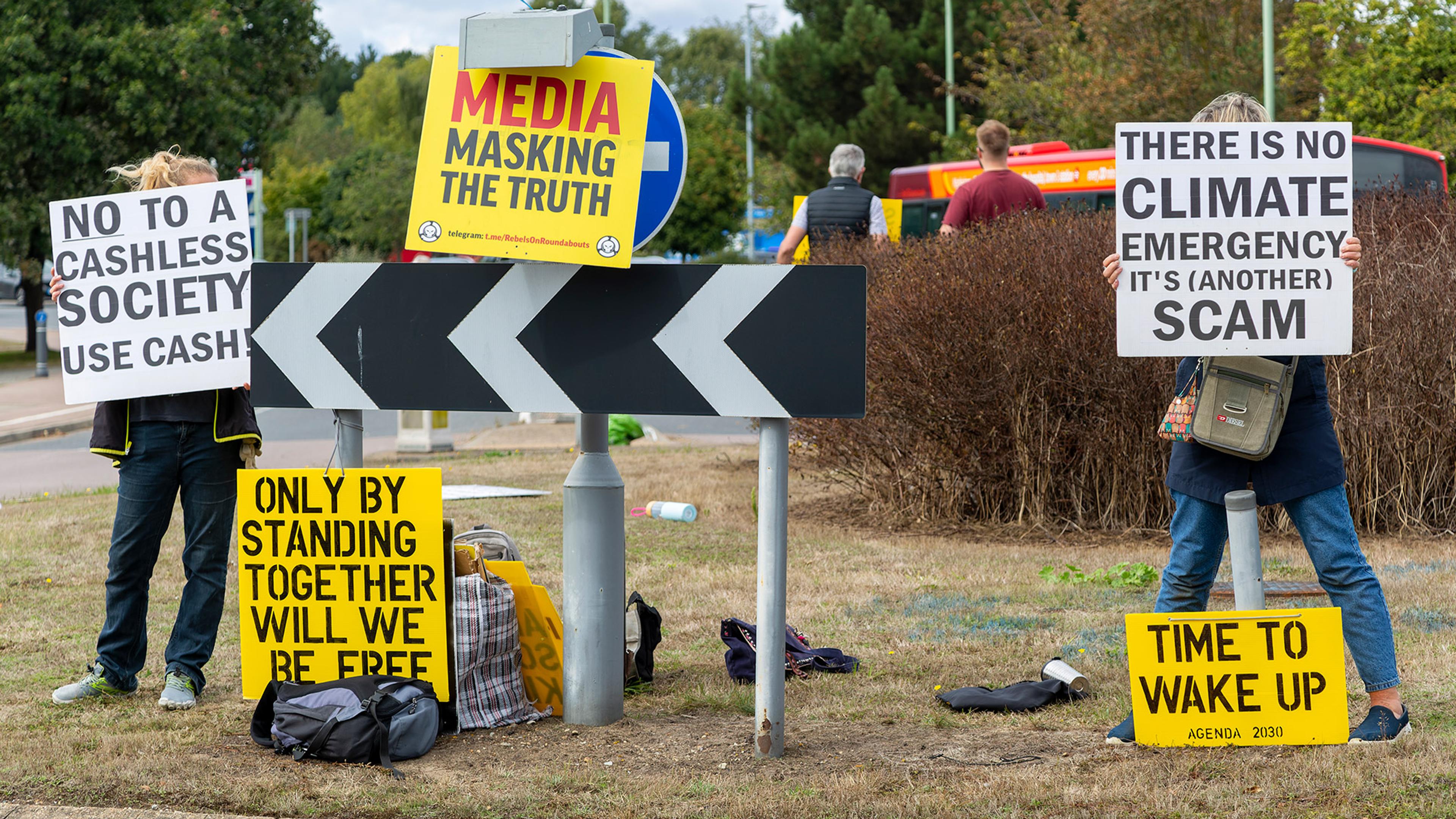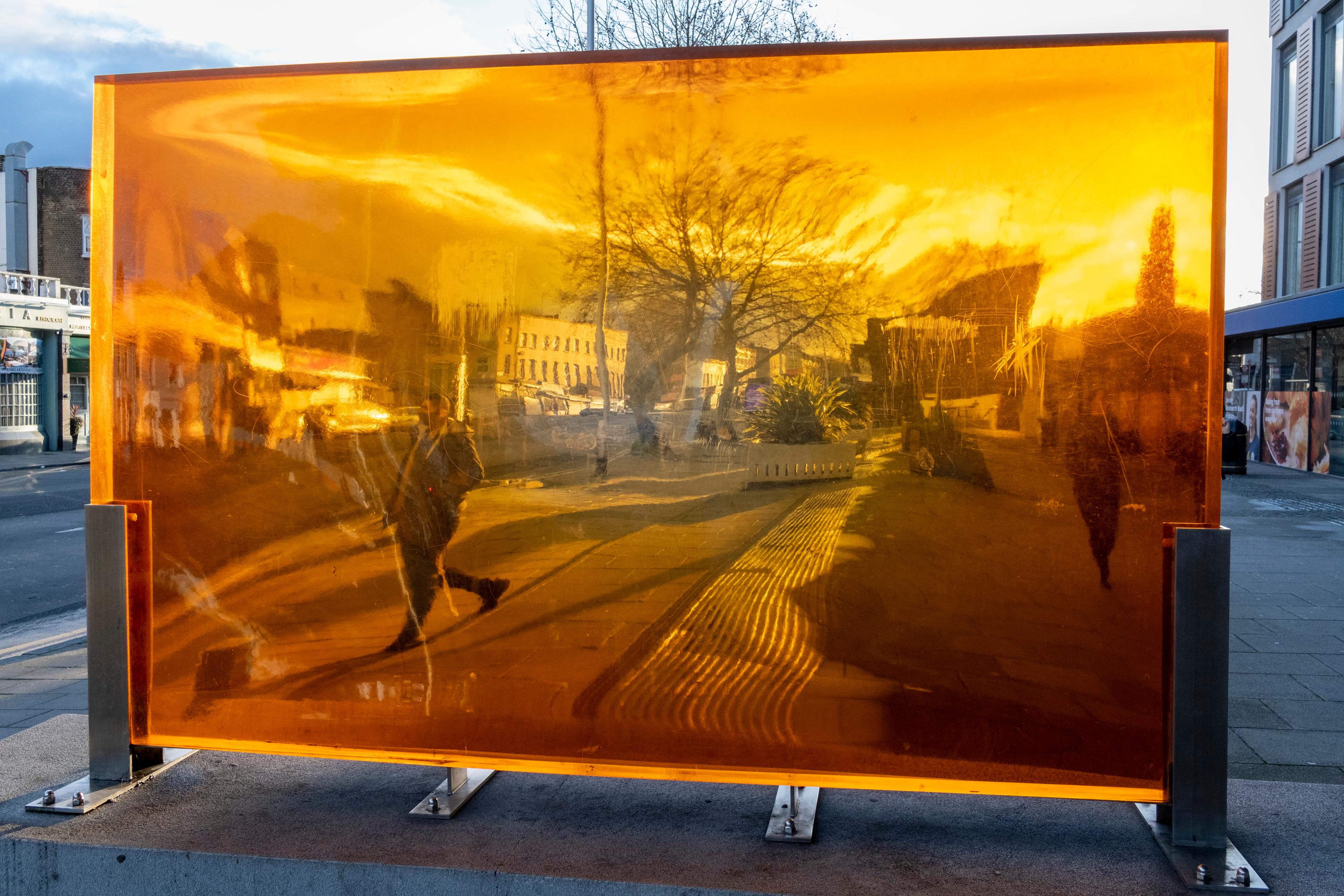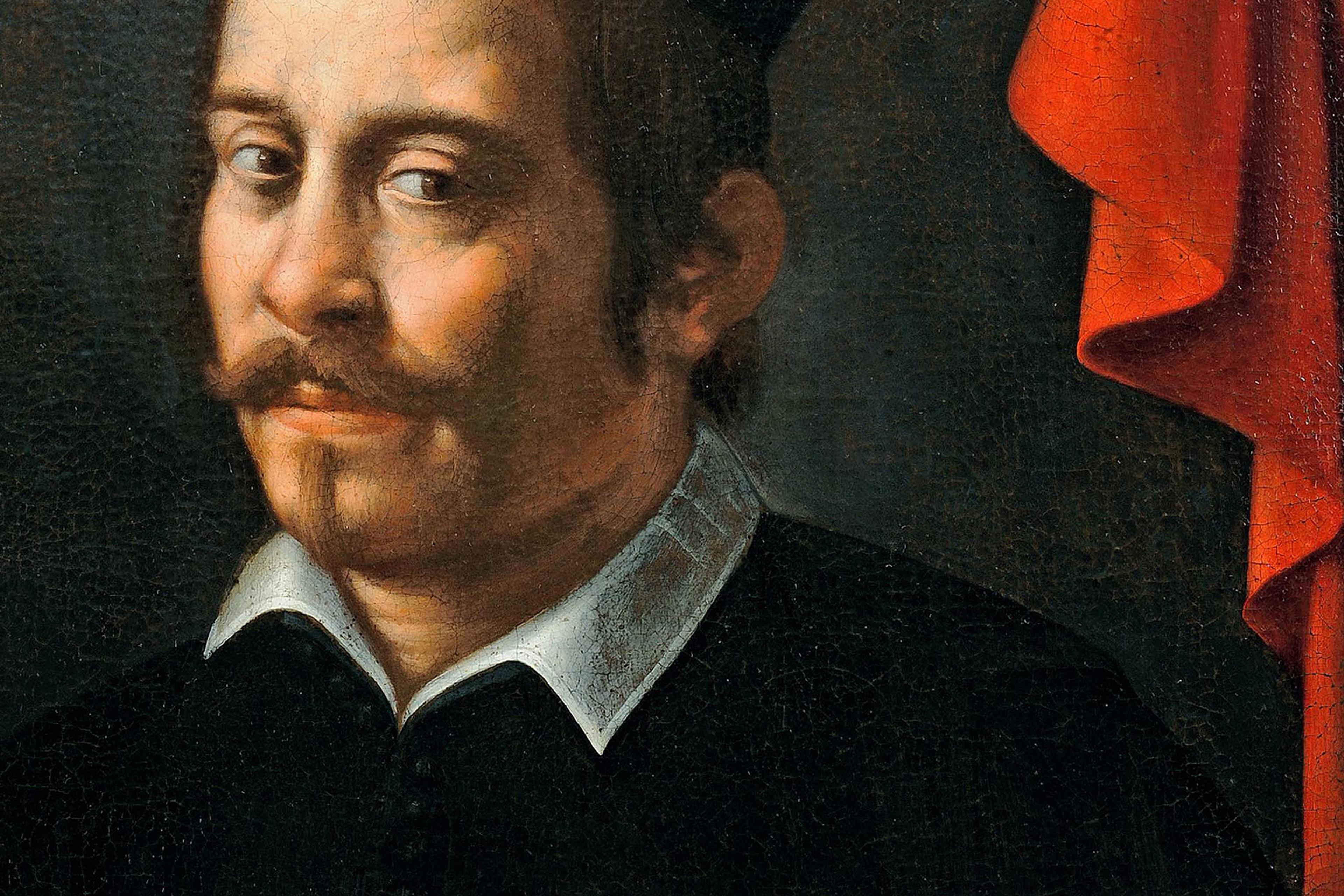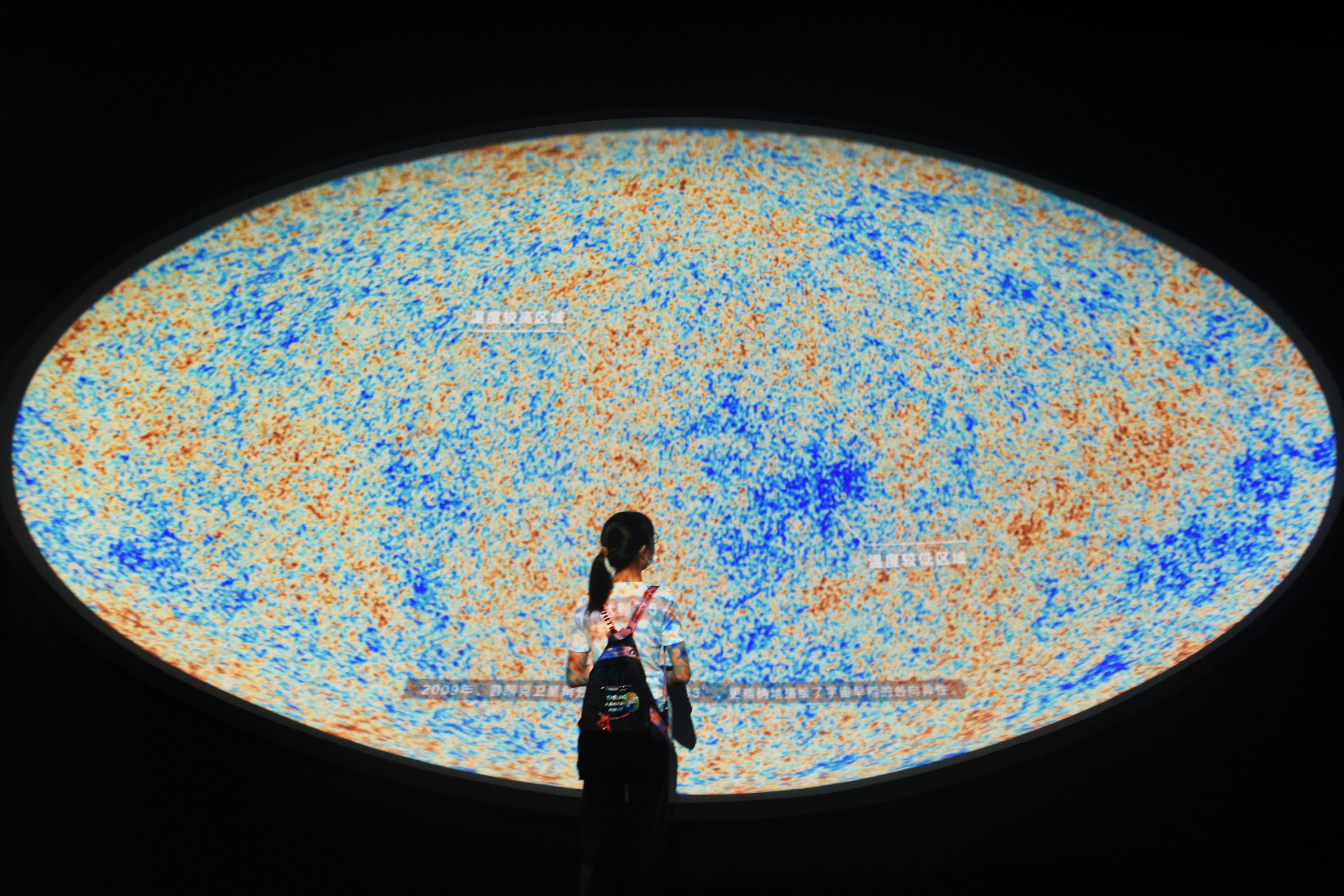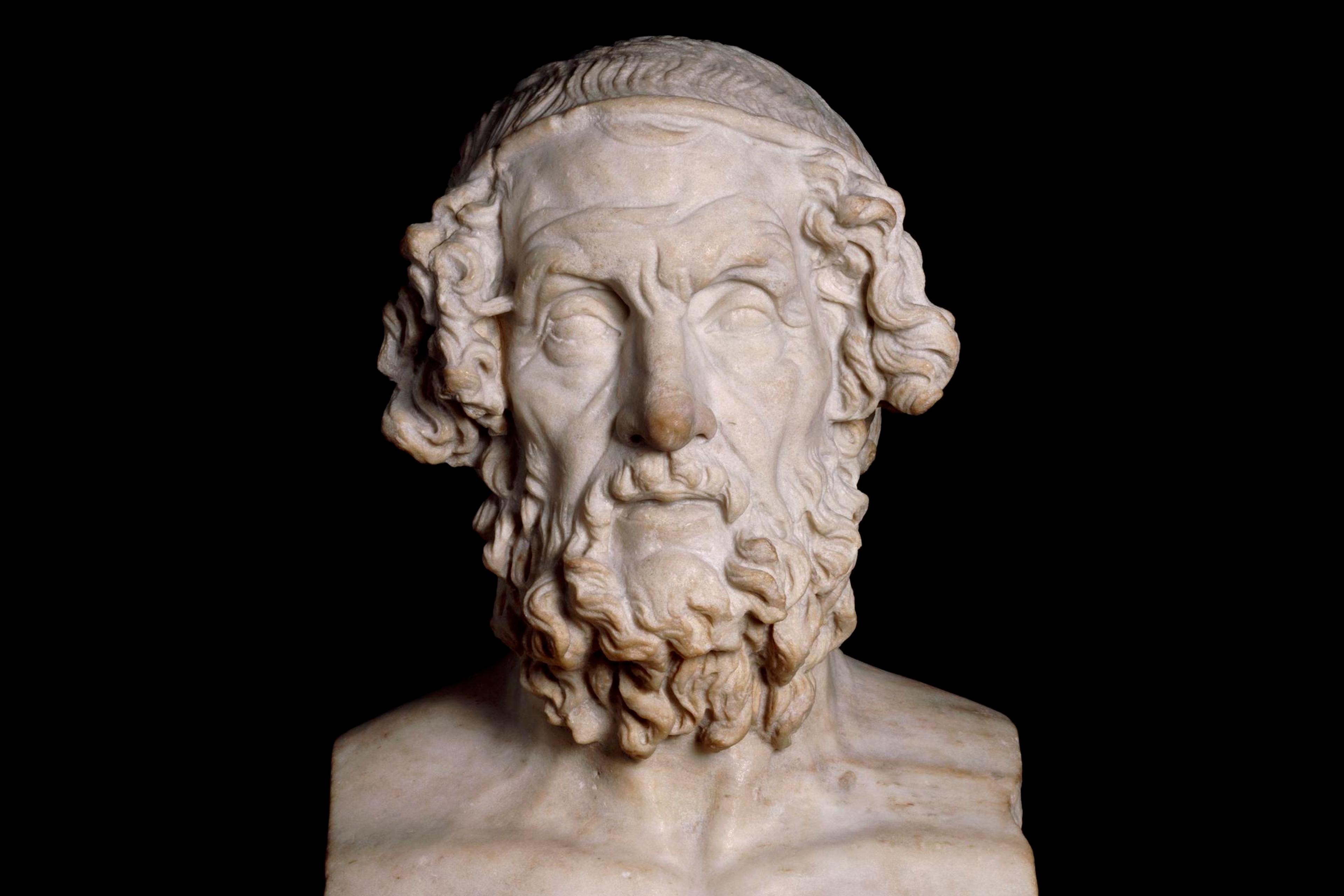For the better part of a decade, scholars and writers across the globe have lamented the growing prevalence of misinformation, conspiracism, ideology, mistrust of experts, epistemic bubbles and echo chambers. These scourges make it much harder to solve any problem of politics, climate, culture or public health, because they frustrate the search for a widely recognised truth. We know there is something wrong with the way we know.
Accounts of this crisis of knowledge, however, overlook how its differing elements arise from a common source. Our problem concerns not just the way we generate knowledge but our attitude toward knowledge, how we present ourselves to each other as knowers. Beneath the epistemological crisis is a deeper psychological one: the problem of knowingness. Knowingness, as the philosopher and psychoanalyst Jonathan Lear defines it in Open Minded (1998), is a posture of always ‘already knowing’, of purporting to know the answers even before the question arises. When new facts come to light, the knowing person is unperturbed. You may be shocked, but they knew all along.
In 21st-century culture, knowingness is rampant. You see it in the conspiracy theorist who dismisses contrary evidence as a ‘false flag’ and in the podcaster for whom ‘late capitalism’ explains all social woes. It’s the ideologue who knows the media has a liberal bias – or, alternatively, a corporate one. It’s the above-it-all political centrist, confident that the truth is necessarily found between the extremes of ‘both sides’. It’s the former US president Donald Trump, who claimed, over and over, that ‘everybody knows’ things that were, in fact, unknown, unproven or untrue.
Knowingness is a particular danger for people whose job is to inform us. For instance, there is the pompous professor with the unassailable theory or the physician who enters the examining room certain the patient’s problems result from the condition the doctor happens to be an expert in. ‘Just as I thought,’ says the too-knowing oncologist to the patient with ambiguous test results. ‘Fibrosarcoma. It’s always fibrosarcoma.’
Knowingness can also take the form of ironic or cynical distance, of seeming to have seen it all and gotten over it. It’s the posture of the cool culture maven who has already heard every new band. It’s equally the stance of the speaker in the biblical book of Ecclesiastes, for whom ‘there is nothing new under the sun.’
In every case, as Lear puts it, ‘the stance of “already knowing” functions as a defence: if you already know, you do not need to find out.’ Knowingness, then, is a false claim to knowledge that makes it impossible to learn anything new. Knowingness is why present-day culture wars are so boring. No one is trying to find out anything. There is no common agreement about the facts, and yet everyone acts as if all matters of fact are already settled.
Because it cuts off further investigation into the unknown, knowingness can have catastrophic results. Lear’s paragon of this attitude is Oedipus, the tyrant of Thebes in Sophocles’ eponymous play. Oedipus’ problems, Lear argues, are not ‘oedipal’. His tragic downfall does not result from a lust to kill his father or have sex with his mother. Rather, Oedipus’ fatal flaw is that, at every turn, he refuses to accept new information, because he always assumes he already knows what he needs to know. ‘What he misses completely,’ Lear writes, ‘is the thought that his “knowingness” lies at the heart of his troubles: what he doesn’t know is that he doesn’t know.’
The play begins with a priest telling Oedipus the Thebans’ concerns about disease and famine. Their ruler replies: ‘Your news, poor earnest children, is not new to me. I know it well.’ Soon after, the chorus suggests that the prophet Tiresias might help Oedipus find who murdered the previous king and thereby brought a curse upon the city. ‘I know,’ Oedipus again replies. He then asks the chorus what rumours it knows about the king’s death. He was killed by vagabonds, the chorus reports. ‘I’ve heard that, too,’ Oedipus says.
Due to his obtuse refusal to learn, Oedipus’ problems only escalate. He is sure he couldn’t be the murderer, so he misses the evidence right under his nose: the long-ago prophecy that he would kill his father, the scars on his feet and even his name (‘swollen foot’), all suggesting he was the infant the royal couple bound and abandoned on a hillside decades earlier. The tyrant’s thinking is deeply flawed, sick, even. ‘Reason is being used to jump ahead to a conclusion,’ Lear writes, ‘as though there is too much anxiety involved in simply asking a question and waiting for the world to answer.’ Lear calls Oedipus ‘the first ersatz-philosopher’, like a fast-talking YouTuber who seems to have all the answers.
Sophocles’ play shows that knowingness is nothing new. It can afflict anyone whose status depends on apparent cleverness. Oedipus, after all, laid claim to the throne because he had solved the riddle of the Sphinx. Now, in the ‘information age’, we’re all in a similar position. We like to think that all human knowledge is always at our fingertips, on a device in our pocket. The information is so near to us, we hardly even have to look it up. We as good as know it already.
But, in fact, the information age reveals how little we each already know. Knowingness, then, might be a way to manage the flood of information. There is so much we might know, that we perhaps ought to know, that it’s often easiest just to act as if we do. And if everyone else is acting, too, then we’re never caught in our ignorance. Of course, then, we’re stuck living with these falsehoods and their consequences – from plague to political upheaval, the very matter of tragedy.
Knowingness may be so tempting because it does serve a social function. The classicist Simon Goldhill calls knowingness ‘the glue of social discourse’. Think of our common words of sympathy: ‘I know, I know what you mean.’ Claiming to already know someone’s pain is an attempt to make them feel more understood and, thus, less alone.
But social bonding is not the end-all of discourse. We complain to our doctors and legislators not merely so they will sympathise with us, but in the hope that they will solve our problems. In public life, the posture of already knowing is useful if the goal is to build an audience, to promote group cohesion among those who are ‘in the know’, who ‘get it’. But it poisons honest deliberation and the quest for truth.
To overcome knowingness, we need a humbler and more curious stance toward knowledge. This does not mean we should pretend to ignorance. And we don’t have to suspend all our knowledge when making a judgment about a new situation. It isn’t knowingness when a physician tells a patient that, no, in fact, herbal treatments will not cure their cancer.
To combat knowingness, then, we should not discard either our well-established empirical knowledge or the theoretical orientations that help us make sense of new information. We should rather recognise the limits of what we know and be curious about what we don’t. As we learn more about the area of our expertise, we should not simply dismiss anomalies but note that they might point toward a need to revise, even remake, the outlook that has served us so well. Above all, we should give up the belief that we, unique among all who have lived, are always right.
In his essay, Lear hints at the way past knowingness. His original audience was a conference of psychoanalysts. At their worst, they ‘already know’ what’s going on in the minds of their patients: obsessional neurosis, check. But when they assume they know in advance, they betray what analysis fundamentally is. Rather than a body of knowledge, Lear explains, analysis is:
… a peculiar form of mental activity, a peculiar form of speaking and listening, a peculiar form of life. Above all, it involves a certain form of listening: listening to oneself, listening to another.
Lear himself does not seem to have come to the culture with a diagnosis of knowingness already in mind. He listened to the cultural symptoms and made a proposal: here is what I think is going on.
In his openness to what the culture has to offer, Lear exhibits the virtues not only of the good analyst but of the good essayist. The masters of this genre – Michel de Montaigne, Ralph Waldo Emerson, Joan Didion, Zadie Smith – write in ways that are exploratory, tentative, eager to know more. ‘I put forward formless and unresolved notions,’ Montaigne wrote, ‘not to establish the truth but to seek it.’ Essayists in this tradition build conviction slowly, then deploy their insights to reveal something fresh about the world. They aim to win over the public – with evidence and sound logic, to be sure, but also with good humour and sensitivity to what readers might want.
The essayist adopts a posture, too. But it’s one of not-yet-knowing, of being open to the wonders, horrors and curiosities of our vast, shared world.
